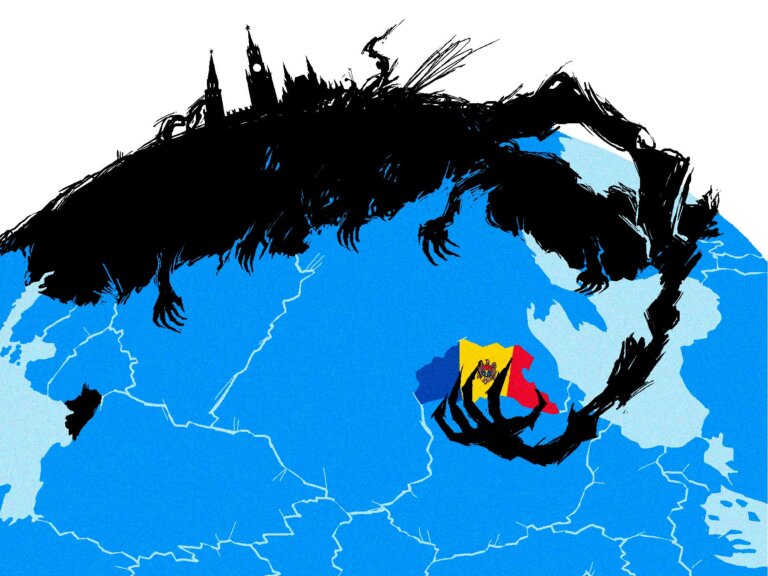As world leaders gather at the Munich Security Conference 2025, one issue should dominate the agenda: the survival of a free and prosperous Europe among escalating pressures from autocratic regimes. In this context, Ukraine’s political and economic fate is more than a regional concern; it is a litmus test for Europe’s ability to defend its fundamental principles of peace, prosperity, and sustainable development.
When Donald Trump cuts off critical aid to Ukraine and is suspected of pushing for a “peace” deal on Kremlin terms to weaken Ukraine, the threats are multiplying.
Any deal that would provide for Russia to permanently control the industrial regions of Ukraine is a vital threat to the EU.
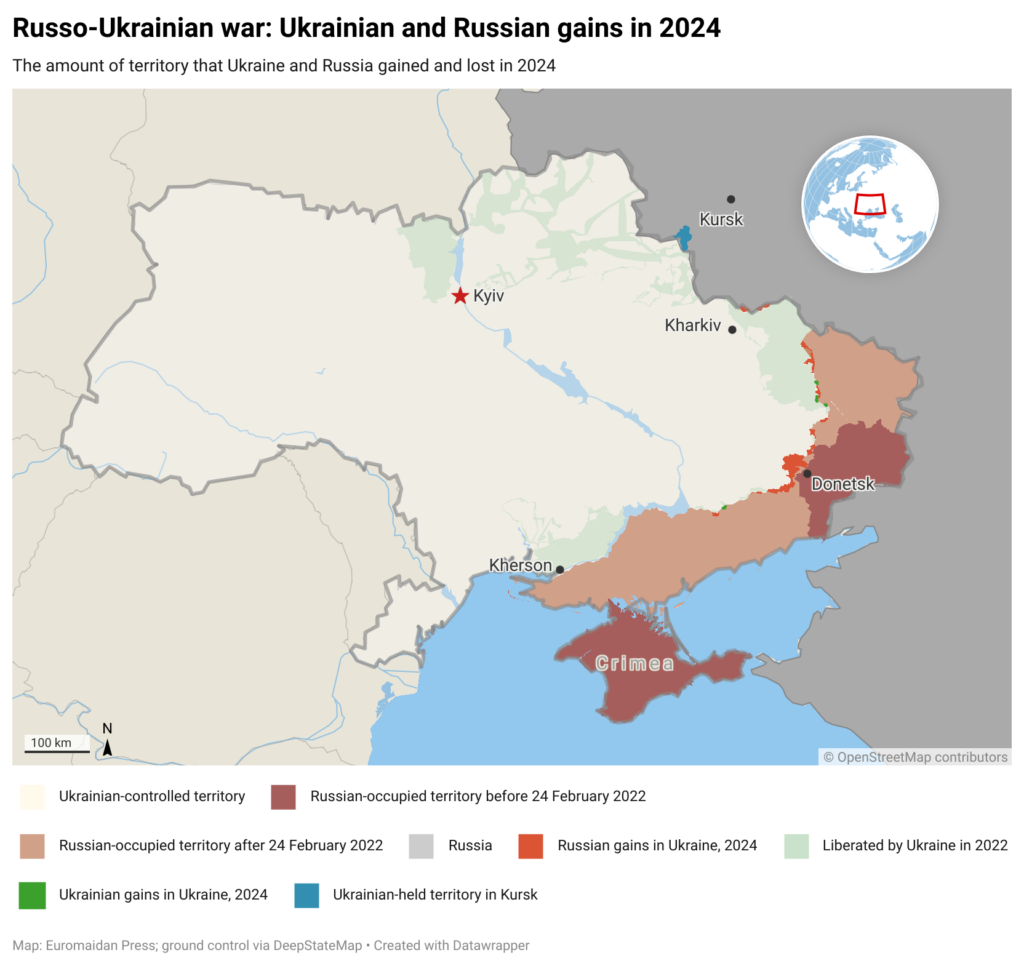
What Putin today wants, and is clearly pushing Trump for, is a strategy that would leave Ukraine de-industrialized, economically crippled and vulnerable to renewed Russian domination.
If the EU allows him to, Trump will roll out a 21st-century version of the Post-World War II Morgenthau Plan, which was created to deindustrialize and weaken Germany after 1945.
Such an outcome would not only erase Ukraine’s hard-fought independence but also dismantle the newly declared EU industrial strategy goals -- decarbonization, global leadership in future technologies, and a just transition and economic cohesion.
History offers a grim warning. Post WWII Germany was initially subjected to the Morgenthau Plan — a policy designed in 1945 to economically cripple the country and de-industrialize it, turning it into an agrarian state and resource colony divided among allied occupation forces. It was quickly abandoned when Western policymakers realized that such a strategy would only lead to economic collapse, instability, and the rise of extremist forces.
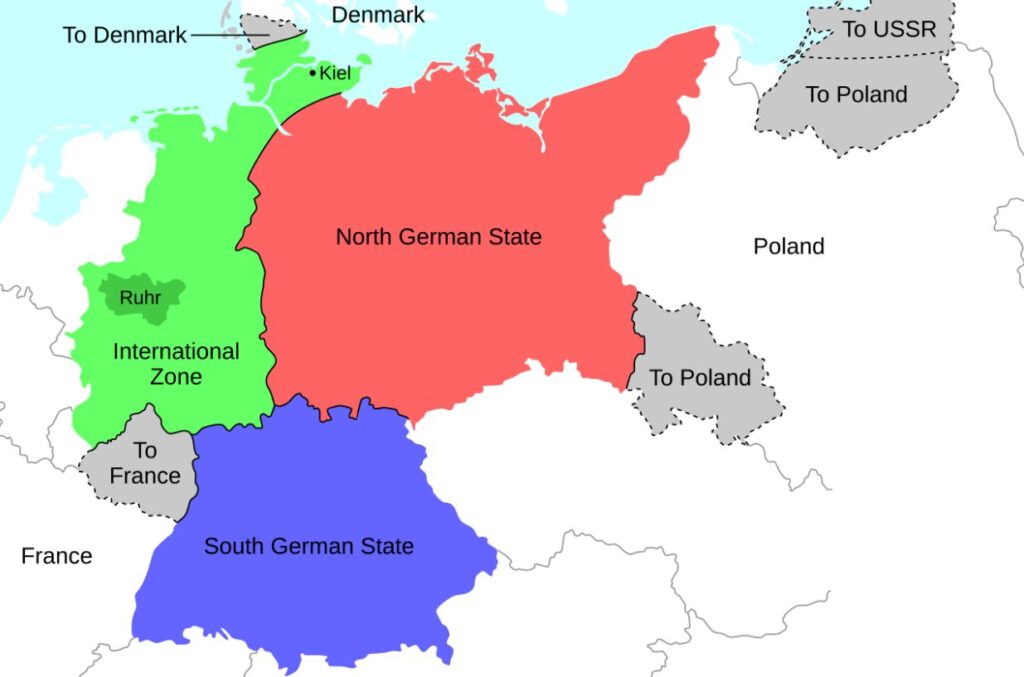
A further problem with Morgenthau's plan was that it was seen as handing post-war Germany to communists—and into the hands of Joseph Stalin.
Ukraine could suffer a similar fate if it is left to languish without the renewed industrial base necessary for economic recovery, independence, and integration into the EU.
The Russian occupation has already dealt a devastating blow to Ukraine's industrial backbone, seizing control of irreplaceable assets: strategic rare earth deposits crucial for high-tech manufacturing, major power plants with 14 GW of vital power capacity, and key industrial facilities.
The loss of industrial giants like steel mills in Maruipol, Avdiivka Coke Plant, and Sievierodonetsk Azot, combined with the seizure of critical mineral deposits, has effectively dismantled Ukraine's industrial ecosystem. With power plants, factories, and mineral deposits under occupation or destroyed, Ukraine faces a massive challenge to rebuild its once-powerful industrial sector.
The challenge is greatly exacerbated by the current approaches of the Trump administration, with its generally preying attitude towards a country under attack, as seen in the interest in grabbing Ukraine’s rare minerals. They can be expected to show no relief and no commitment to support technology transfer and industrial development.
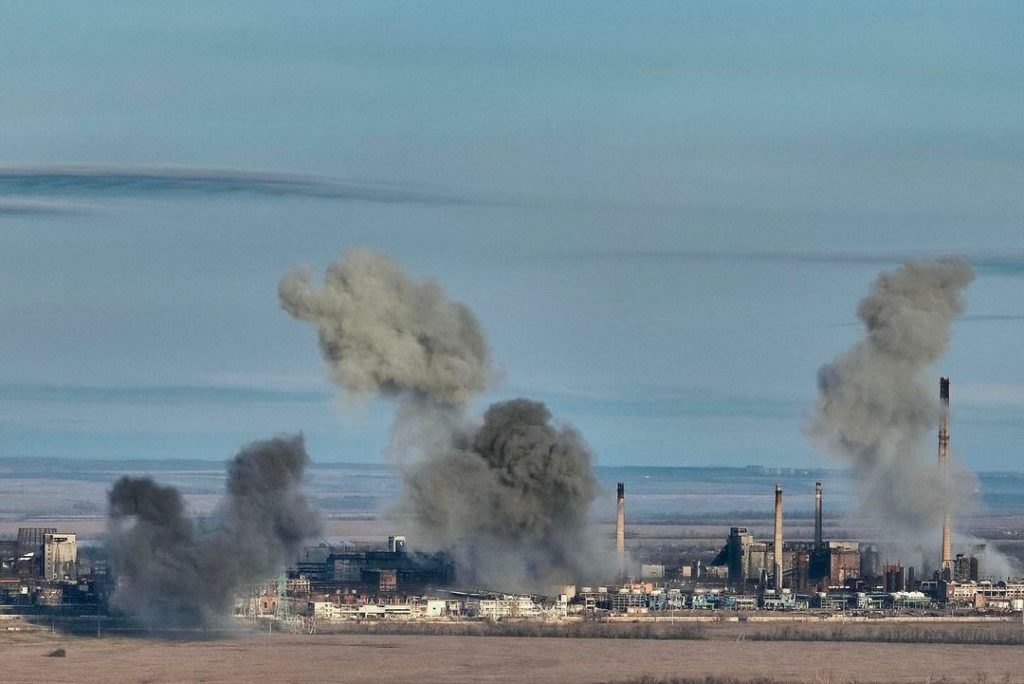
Depriving Ukraine of access to new technologies and investments in new industries and renewable energy will bring outcomes similar to those expected in Morgenthau's plan -- complete deindustrialization, energy poverty, and further reliance on imports of fossil fuels.
Furthermore, Trump’s general policies directed at pushback against renewables and the active promotion of fossil fuel industry interests can work viciously against Ukraine, for which his imperial mindset provides only the role of resource colony.
This is exactly what Vladimir Putin is counting on -- and how convenient it must be for him to watch his decades-long strategy of making Europe addicted to Russian energy play out exactly according to plan. The glimpse of future repercussions is on display today, as Germany actively obstructs our current efforts in Brussels to implement a comprehensive ban on Russian gas imports, protecting its industrial sector's deep dependence on Russian energy supplies.
If Trump finds a “peace deal” with Putin without consulting Ukraine and the EU, it will mean an essential sell-out of Ukraine to Russia's interests. The plan that is emerging means that Ukraine will have to give up its occupied territories, and the war will be frozen, but not really, as without US support, no peacekeepers will be an effective deterrent. Foreign investments will shrink under the volatile security environment, and years of Ukraine's economic progress and democratic governance will be reversed.

Experts warn European peacekeepers in Ukraine would need US support to deter Russia – NYT
A weakened Ukraine can undermine European security
Today Ukraine is fighting for its life, not just militarily but economically. The war has devastated industries, displaced millions, and disrupted trade. Despite this, Ukraine has the potential to become a new industrial powerhouse and a key economic partner for the EU. However, inadequate Western support, combined with Trump’s potential policies of economic strangulation and resource grab, could push Ukraine into irreversible decline.
Russia thrives on weak, divided, and dependent neighbors. If Ukraine is industrially and economically incapacitated, Moscow will exploit the situation to reinstall puppet leaders, reversing the democratic progress made since 2014.
Moldova, one of Europe’s poorest countries, has been a textbook example of how economic stagnation and energy dependence can serve Russia’s imperialist strategy. The country’s post-Soviet de-industrialization resulted in a shrinking manufacturing sector and increased reliance on agriculture and remittances, particularly from Moldovans working in Russia. This economic fragility has made Moldova highly susceptible to external economic shocks and political manipulation, driven by massive Russian interference.
Georgia, which is also battling now against grand political corruption and a pro-Russian takeover, is another example. Over the past 10 years, the lack of large-scale renewable energy investments has not only hampered Georgia’s energy independence but also reinforced its susceptibility to Russian pressure, resulting in the gradual takeover of the country by an emerging Russian-style dictatorship.
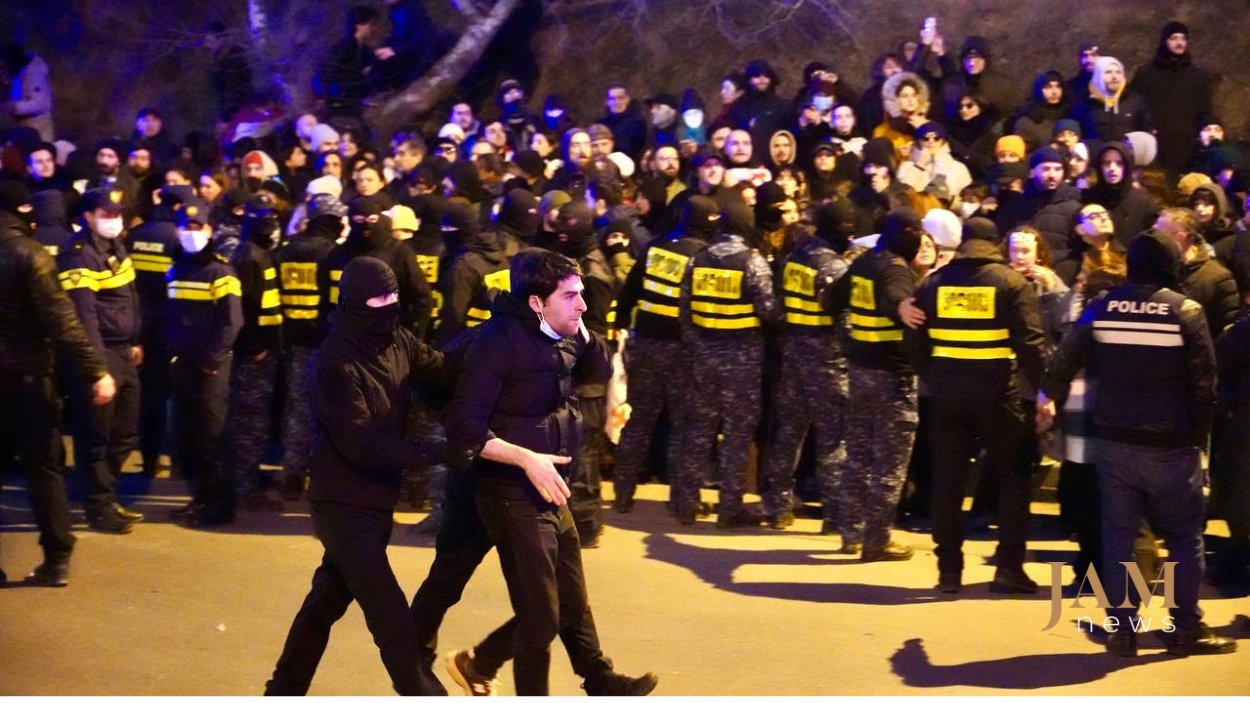
Georgia’s ruling party is building a Russian-style dictatorship — and it’s working
A failing Ukrainian economy amid re-installed energy dependency and further de-industrialization does not just mean hardship for Ukrainians — it means greater instability across Europe.
History shows that economic devastation leads to social unrest, radicalization, and mass migration, which would place enormous pressure on the EU.
Furthermore, if Ukraine’s economy collapses, it would make the country an easier target for Russian influence operations, corruption, and political subversion.
If Ukraine is left victim to a neo-Morgenthau plan, this will send a clear message to other Eastern European states: Western promises of support are unreliable, and Russian dominance is inevitable. Such a shift would embolden autocratic regimes worldwide, undermining the EU’s credibility and weakening NATO’s strategic position.
Moreover, Ukraine's deindustrialization will not only exacerbate the current geopolitical crisis—it will lead to economic disaster for Europe. Ukraine is a vital part of European supply chains, particularly in agriculture, energy, and critical raw materials. If Ukraine's economy collapses, European industries will suffer, prices of goods and services for average Europeans will rise, and economic instability will spread throughout the continent.
Beyond immediate trade concerns, the long-term vision of a strong, integrated European economy depends on Ukraine’s full participation. Ukraine’s skilled workforce, industrial base, natural resources, and significant renewable energy potential make it a future hub for European economic growth.
Allowing Ukraine's economic collapse would not only weaken the war-devastated country but would also leave Europe more dependent on hostile powers like China and Russia for key commodities.
Sustainability at risk: a geopolitical climate disaster
Ukraine’s economic survival is not just about financial stability—it is about the future of Europe’s clean energy transition and fulfilling the vision of a zero-emitting continent by 2050.
Ukraine could be producing 35 million tons of green steel, 3.5 million tons of hydrogen, 2.5 million tons of green ammonia and 10 billion cubic meters of biomethane with reasonable investments in place and become a critical player in the renewable energy sector. However, a country mired in economic devastation cannot contribute to meeting the EU’s climate goals.
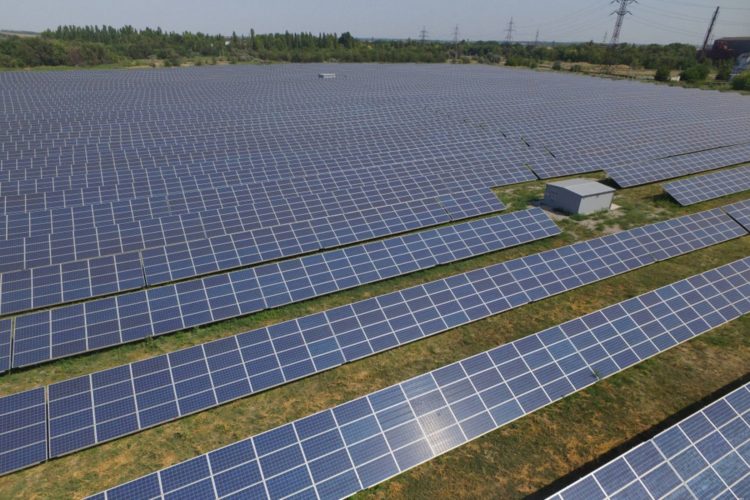
If Ukraine falls into prolonged economic stagnation or, worse, cripples back into the Russian sphere of influence, European sustainability goals will be set back by decades.
The environmental destruction caused by the war itself—from bombed industrial sites to scorched farmland—will take years to remediate and requires the development and deployment of new restorative technologies. Ukraine’s recovery must be seen as part of Europe’s broader climate strategy, ensuring that reconstruction efforts align with sustainable development goals.
A self-reliant Ukraine, powered by its vast renewable energy potential, is not just an option - it is absolutely crucial for Europe's energy independence and industrial renaissance. This is the key to breaking free from fossil fuel dependencies and unlocking unprecedented economic growth across the continent
A call to action: Europe must reject Trump’s Morgenthau plan
The EU cannot afford to be complacent. European leaders must take decisive action to prevent this potentially deadly scenario by implementing the following policies to support Ukraine:
- Provide sustained financial and military support to ensure Ukraine can rebuild and defend itself.
- Invest strategically in Ukrainian industry and infrastructure to integrate it into the European economy.
- Provide security guarantees and clear EU accession pathways to prevent political instability and external manipulation.
The EU must uphold its mission of a united and prosperous Europe. Rejecting the “Morgentau” agenda for Ukraine is a vital step. Allowing Trump and Putin to divide and pillage Ukraine would not just be abandoning an ally—it would be paving the way for Europe’s own destruction. Europe must recognize that empowering Ukraine's industrial and economic rebirth is not an act of charity but a crucial investment in our shared future - every euro invested in Ukraine's development is a direct investment in Europe's security, prosperity, and survival as a united democratic force against resurgent imperialism.
Editor's note. The opinions expressed in our Opinion section belong to their authors. Euromaidan Press' editorial team may or may not share them.
Submit an opinion to Euromaidan Press


